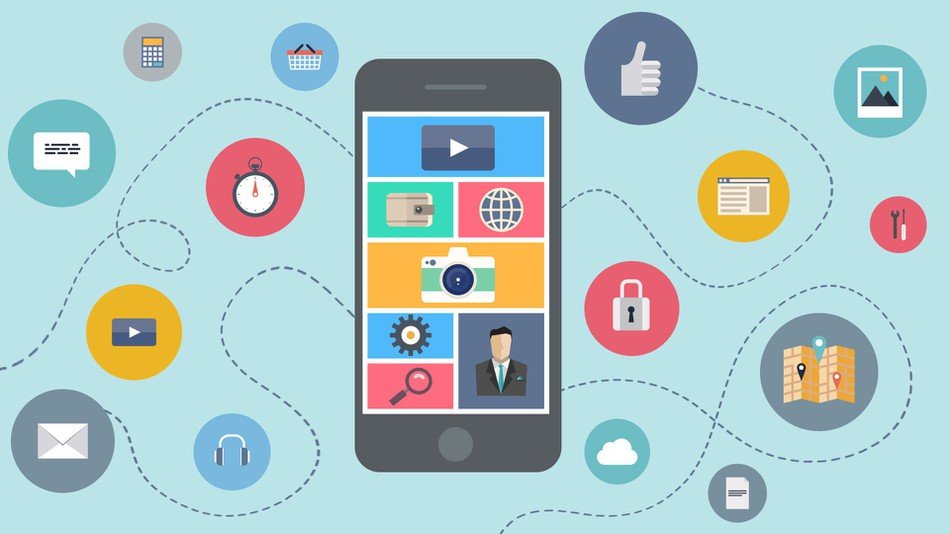Take a look at your smartphone. How many apps do you have installed? If you are like most people, you probably have somewhere between 25 to 30 apps installed on your phone. But how many of them do you actually use? Again, if you’re like most people, you probably regularly use just a handful of those apps, meaning that you are using up more space on your phone, and likely creating unnecessary security risks, by keeping all those apps.
Because apps can put your privacy and security at risk, it’s usually a good idea to conduct a “spring cleaning” of your phone.

Getting Apps Under Control
When smartphones first started to grow in popularity, the iTunes App Store and Google Play were new and exciting places. Packed with literally thousands of apps that ranged from indispensable (such as Facebook, for most people) to the downright silly, many new smartphone users downloaded apps with abandon.
But in the decade since smartphones began their rise to dominance, the app market has slowed down some — and users have bloated devices filled with useless apps. But how do you decide which ones are worth keeping, and what to delete? or need spring cleaning.
1. Delete unused apps. The most obvious place to start is to delete any app that you never use —especially if you can’t remember why you downloaded it in the first place. If you haven’t used an app in 90 days or longer, delete it. If you can’t remember the last time you opened an app, it needs to go.
2. Delete irrelevant apps. If you downloaded an app for a specific purpose, such as a guide to a vacation destination, and you no longer need it, delete it.
3. Delete duplicate apps. If you have multiple apps that do the same thing, delete the one you use less often. In many cases, users downloaded apps when they first got their devices, but newer devices have the same capabilities already built-in, rendering those apps unnecessary.
The best way to approach your app cleaning session is to be quick and ruthless. The worst that can happen is that you delete something you wanted to keep, and need to reinstall it. Chances are, though, if you just delete unwanted apps, you won’t even notice they are gone.
Get a Handle on Security
Once you are spring cleaning all the unwanted apps, you can work on securing the ones that remain. The fact is, many apps contain security vulnerabilities that can lead to data breaches even after they go to the market. A recent report from the Ponemon Institute, published in conjunction with IBM, revealed that about half of all apps that are built are not completely tested — and 33 percent aren’t tested for security at all before they are released. That is why it’s up to you as the user to pay close attention to security and take steps to keep your app data safe.
This means that you should begin by installing internet security software that will protect both your home computers and your mobile devices. In addition, on a regular basis, you should:
1. Install updates. While some users set their devices to automatically install updates as they become available, many do not. Because so many updates include bug fixes and security updates, though, this is an important task. If you haven’t updated your apps, make this a part of your regular maintenance.
2. Review the app permissions. Whenever you install an app, you grant certain permissions — permissions that could be putting your information at risk. If you have older apps that you haven’t reviewed in a while, check to be sure that you aren’t providing access where it’s not needed. While you are at it, consider turning off location services as well as the microphone and camera access to your apps. You can restore permissions on an as-needed basis.
3. Change passwords. Just like your online accounts, you need to regularly refresh app passwords. If two-factor authentication is an option, enable it.
4. Remove your cached data. The more you spend your time on the internet, the more will be your cached size that in turn will slow down your phone so clear your cache regularly.
Cleaning up the clutter on your mobile phone and getting rid of unused or unwanted apps will not only help improve the security of your device, but it will improve your phone’s performance as well. You’ll gain more storage space, and should see at least a small boost in battery life. Most importantly, though, you can gain peace of mind that you know exactly what’s on your phone and why it’s there.
